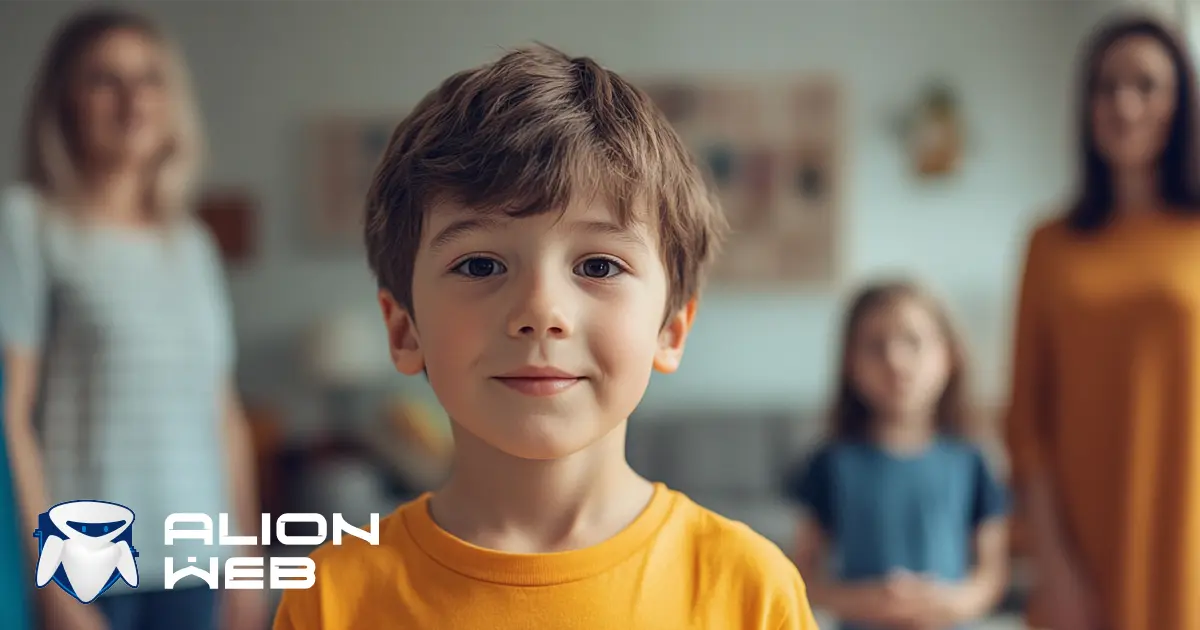How the Environment Affects What a Child Watches on the Internet

Children now spend a lot of time online — they watch videos, play games, and communicate on social media. It may seem like they choose what to watch on their own. But in reality, their choices are heavily influenced by their environment: family, friends, school, and even adult behavior. Let’s explore how this works.
A child watches what surrounds them
If sports are discussed at home — the child will look for sports videos. If older siblings watch edgy bloggers — the younger one will quickly start watching the same.
Even YouTube and TikTok algorithms recommend similar videos to everyone using the internet from the same device or within the same household. So, the family environment shapes digital habits.
The environment tells the child what is acceptable and what is not
Children don’t immediately understand what content is safe and what is harmful. They look at how adults react.
If parents say, “Just don’t watch anything about violence,” — that’s exactly what the child becomes curious about. If politics or religion are often discussed at home, the child might get interested and start searching for similar videos to understand what it's about.
Bans often spark even more curiosity.
Content = a way to "fit in"
Kids and teens want to be part of the group. If all their friends watch funny videos, they want to understand them too — even if it’s not approved at home.
Sometimes children pretend they’re not interested in certain content to avoid scolding. But they still watch it to stay in sync with their peers.
Adults can be a "filter" against harmful content
If parents talk to their child and show interest in what they watch — the child feels safe. Then they might:
- Refuse to watch something weird on their own
- Come and ask, “Is this okay?”
- Not be afraid to talk about what they’ve seen
Studies show that if parents discuss content at least twice a week, children are less likely to return to shocking videos.
Parental fear also has an effect
When adults are very anxious about the internet, kids can sense it. And often start exploring exactly what their parents fear.
- Parent fears TikTok — the child goes there
- Parent criticizes a blogger — the child wants to find out why
What a child watches online is not just their personal choice. It’s the result of influence from their surroundings: parents, friends, school, family discussions, and even home conflicts.
Talk to your child about what they watch — without judgment.
What adults can do
- Talk to your child about what they watch — without criticism.
- Lead by example: show that useful and interesting content exists.
- Don’t judge unusual interests — talk about them instead.
- Watch things together — make it a habit.
- Create a trusting atmosphere so your child feels comfortable sharing their thoughts.
Install AlionWeb to protect your child and have peace of mind
